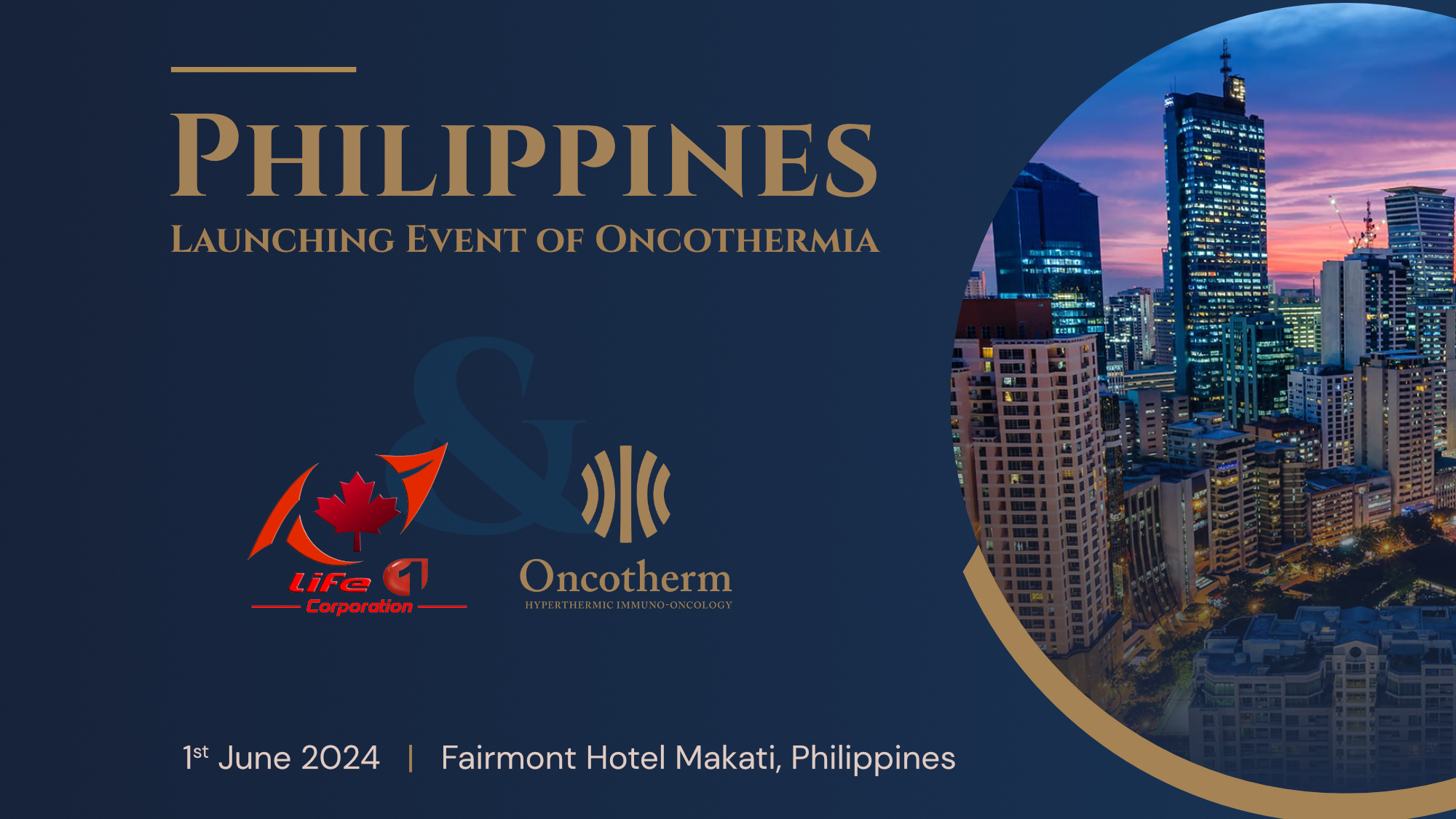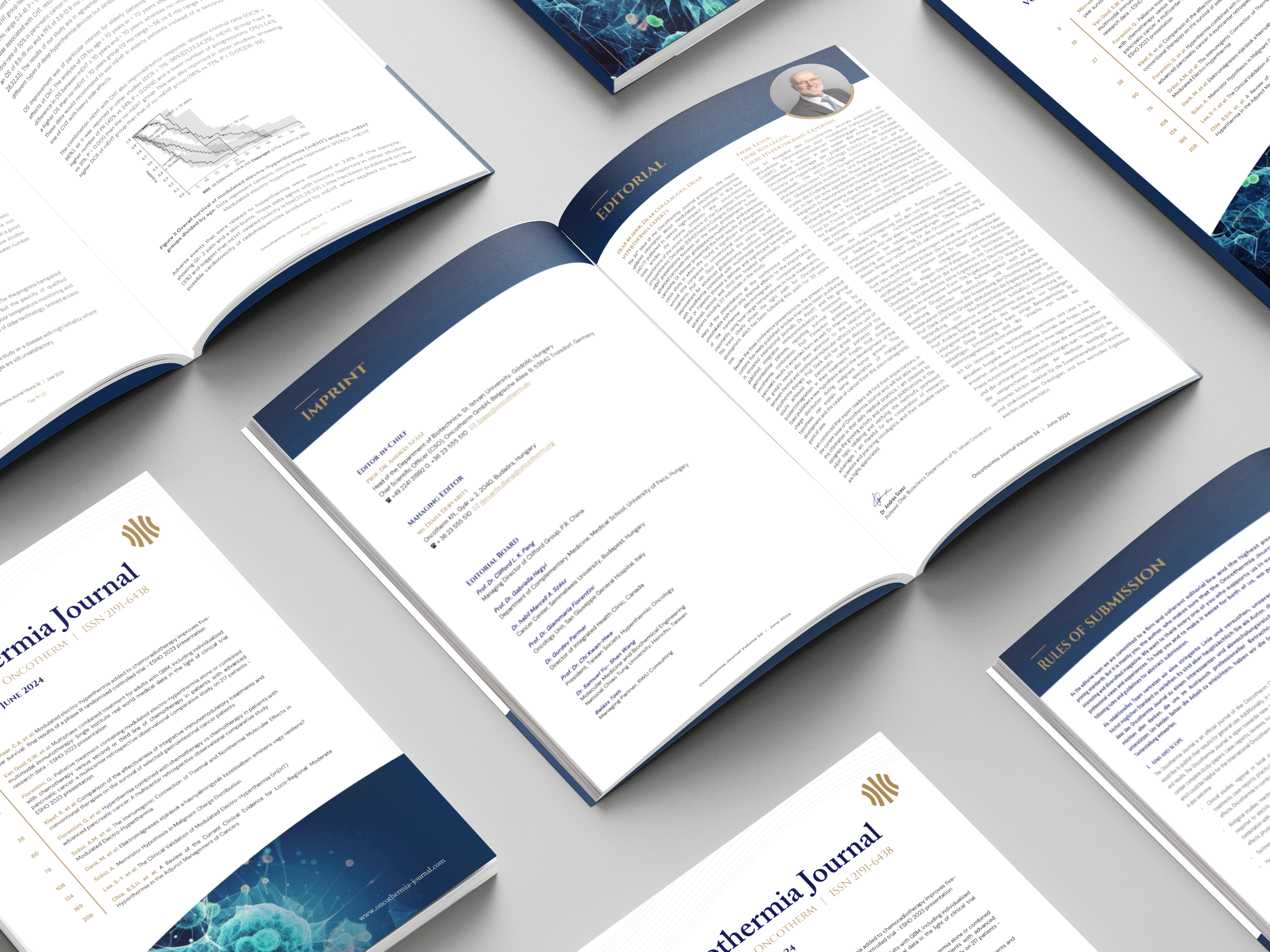Das jährliche KOSG (Korean Oncologic-hyperthermia Study Group) Symposium wurde am 28. November 2020 online abgehalten. Es bot Experten ein Forum, in dem sie ihre Ideen zur Anwendung der onkologischen Hyperthermie diskutieren und ihre Forschungsergebnisse und klinischen Erfahrungen vorstellen konnten.
Das Thema „Quo Vadis oncological hyperthermia (2020)?” wurde von Prof. András Szász präsentiert.
“Heating as a medical intervention in cancer treatment is an ancient approach, but effective deep heating techniques are lacking in modern practice. The use of electromagnetic interactions has enabled the development of more reliable local-regional hyperthermia (LRHT) techniques whole-body hyperthermia (WBH) techniques. Contrary to the relatively simple physical-physiological concepts behind hyperthermia, its development was not steady, and it has gone through periods of failures and renewals with mixed views on the benefits of heating seen in the medical community over the decades. In this review we study in detail the various techniques currently available and describe challenges and trends of oncological hyperthermia from a new perspective. Our aim is to describe what we believe to be a new and effective approach to oncologic hyperthermia, and a change in the paradigm of dosing. Physiological limits restrict the application of WBH which has moved toward the mild temperature range, targeting immune support. LRHT does not have a temperature limit in the tumor (which can be burned out in extreme conditions) but a trend has started toward milder temperatures with immune-oriented goals, developing toward immune modulation, and especially toward tumor-specific immune reactions by which LRHT seeks to target the malignancy systemically. The emerging research of bystander and abscopal effects, in both laboratory investigations and clinical applications, has been intensified. Our present review summarizes the methods and results and discusses the trends of hyperthermia in oncology.”
Bitte klicken Sie hier, um mehr über das Thema zu erfahren.






